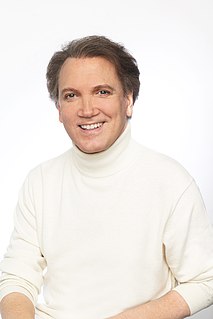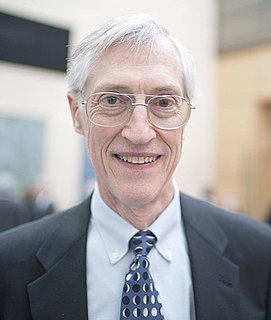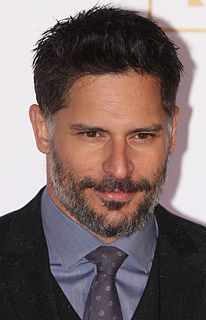A Quote by Tom Wolfe
In the 1930s, all the novelists had seemed to be people who came blazing up into stardom from out of total obscurity. That seemed to be the nature of the beast. The biographical notes on the dustjackets of the novels were terrific.
Related Quotes
I took many notes, more than usual before I sat down and wrote Act One, Scene One. I had perhaps eighty pages of notes. . . . I was so prepared that the script seemed inevitable. It was almost all there. I could almost collate it from my notes. The story line, the rather tenuous plot we have, seemed to work out itself. It was a very helpful way to write, and it wasn't so scary. I wasn't starting with a completely blank page.
Back in the autumn I had awakened to a growing darkness and cacophony, as if something in the depths were crying out. A whole chorus of voices. Orphaned voices. They seemed to speak for all the unlived parts of me, and they came with a force and dazzle that I couldn't contain. They seemed to explode the boundaries of my existence. I know now that they were the clamor of a new self struggling to be born.
... everything seemed to him a uniform shade of gray- even the people! He had been unable to believe it could rain so much in one place, and so unceasingly. The damp had seemed to come up from the floors and into his bones, so that he'd thought he would eventually sprout mold, in the manner of a tree. "You do get used to it," he said "Even if sometimes you feel as if you out to be able to be wrung out like a washrag." p 311
I liked it. I liked her. And every time I saw her, she seemed more beautiful. She just seemed to glow. I'm not talking like a hundred-watt bulb; she just had this warmth to her. Maybe it came from climbing that tree. Maybe it came from singing to chickens. Maybe it came from whacking at two-by-fours and dreaming about perpetual motion. I don't know. All I know is that compared to her, Shelly and Miranda seemed so...ordinary.
They were still in the happier stage of love. They were full of brave illusions about each other, tremendous illusions, so that the communion of self with self seemed to be on a plane where no other human relations mattered. They both seemed to have arrived there with an extraordinary innocence as though a series of pure accidents had driven them together, so many accidents that at last they were forced to conclude that they were for each other. They had arrived with clean hands, or so it seemed, after no traffic with the merely curious and clandestine.
I was in my early 20s when Estonia joined the E.U. For a kid who'd grown up in the Soviet Union, it seemed like my country had come of age. For a country that had been isolated and cut off from the rest of the world, it seemed like we were becoming part of the global community. It opened a whole new world of possibility.
When the children had completed an absorbing bit of work, they appeared rested and deeply pleased. It almost seemed as if a road had opened up within their souls that led to all their latent powers, revealing the better part of themselves. They exhibited a great affability to everyone, put themselves out to help others and seemed full of good will.
It was a narrow world, a world that was standing still. But the narrower it became, the more it betook of stillness, the more this world that enveloped me seemed to overflow with things and people that could only be called strange. They had been there all the while, it seemed, waiting in the shadows for me to stop moving. And every time the wind-up bird came to my yard to wind its spring, the world descendedmore deeply into chaos.
I stood looking down out of the window. The street seemed miles down. Suddenly I felt as if I'd flung myself out of the window. I could see myself lying on the pavement. Then I seemed to be standing by the body on the pavement. I was two people. Blood and brains were scattered everywhere. I knelt down and began licking up the blood and brains

































